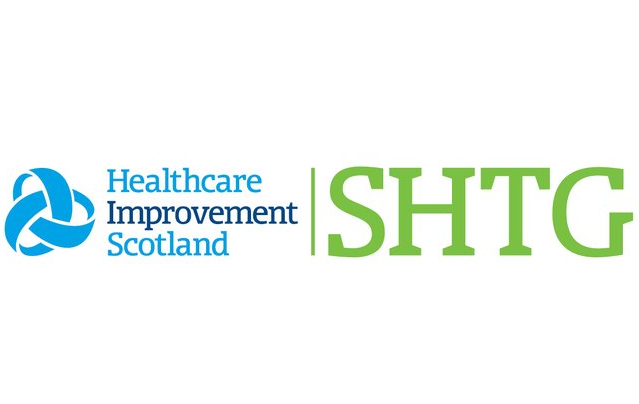What we looked at and why

SHTG recommendation
In response to enquiry from the respiratory lead for the Scottish Government’s Interface Care Programme.
What were we asked to look at
SHTG was asked by the respiratory lead for the Scottish Government’s Interface Care Programme to assess the evidence on Multidisciplinary community based respiratory care services for patients with chronic respiratory conditions. SHTG was asked to include any evidence on a service design that is delivered in some areas of Scotland, known as community respiratory teams.
Why is this important
International comparisons of chronic respiratory disease prevalence have found that Scotland and the United Kingdom (UK) have some of the highest rates of chronic obstructive pulmonary disease (COPD) and asthma in the developed world. Scotland has a higher prevalence of COPD than other nations in the UK.Chronic respiratory conditions, such as COPD and asthma, are associated with considerable morbidity, mortality and healthcare use in Scotland. For example, in Scotland COPD accounts for an estimated 122,000 emergency bed days per year, with an average inpatient stay lasting 4–8 days and costing around £3,000. Overall emergency or unscheduled hospital admissions in the UK have increased over the last 30 years. Unscheduled episodes of care are costly and can be detrimental to patient health, particularly among older people. Community and social care programmes, such as community respiratory teams, have been developed to try to improve health outcomes and avoid unscheduled hospital admissions among patients with chronic respiratory conditions.